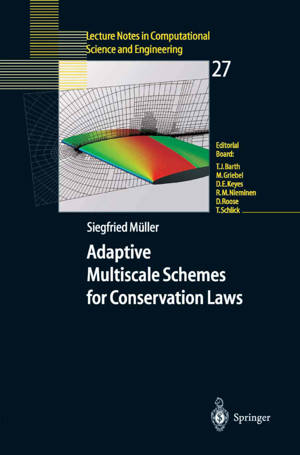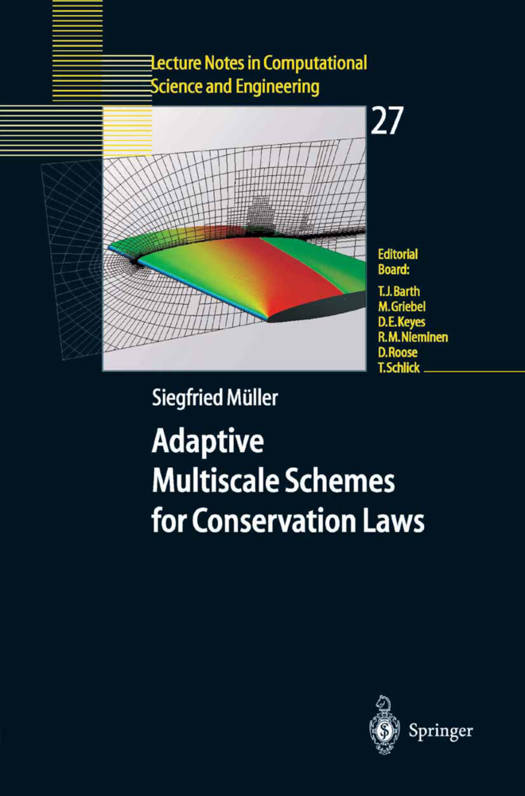
Bedankt voor het vertrouwen het afgelopen jaar! Om jou te bedanken bieden we GRATIS verzending (in België) aan op alles gedurende de hele maand januari.
- Afhalen na 1 uur in een winkel met voorraad
- In januari gratis thuislevering in België
- Ruim aanbod met 7 miljoen producten
Bedankt voor het vertrouwen het afgelopen jaar! Om jou te bedanken bieden we GRATIS verzending (in België) aan op alles gedurende de hele maand januari.
- Afhalen na 1 uur in een winkel met voorraad
- In januari gratis thuislevering in België
- Ruim aanbod met 7 miljoen producten
Zoeken
Omschrijving
During the last decade enormous progress has been achieved in the field of computational fluid dynamics. This became possible by the development of robust and high-order accurate numerical algorithms as well as the construc- tion of enhanced computer hardware, e. g., parallel and vector architectures, workstation clusters. All these improvements allow the numerical simulation of real world problems arising for instance in automotive and aviation indus- try. Nowadays numerical simulations may be considered as an indispensable tool in the design of engineering devices complementing or avoiding expen- sive experiments. In order to obtain qualitatively as well as quantitatively reliable results the complexity of the applications continuously increases due to the demand of resolving more details of the real world configuration as well as taking better physical models into account, e. g., turbulence, real gas or aeroelasticity. Although the speed and memory of computer hardware are currently doubled approximately every 18 months according to Moore's law, this will not be sufficient to cope with the increasing complexity required by uniform discretizations. The future task will be to optimize the utilization of the available re- sources. Therefore new numerical algorithms have to be developed with a computational complexity that can be termed nearly optimal in the sense that storage and computational expense remain proportional to the "inher- ent complexity" (a term that will be made clearer later) problem. This leads to adaptive concepts which correspond in a natural way to unstructured grids.
Specificaties
Betrokkenen
- Auteur(s):
- Uitgeverij:
Inhoud
- Aantal bladzijden:
- 188
- Taal:
- Engels
- Reeks:
- Reeksnummer:
- nr. 27
Eigenschappen
- Productcode (EAN):
- 9783540443254
- Verschijningsdatum:
- 11/12/2002
- Uitvoering:
- Paperback
- Formaat:
- Trade paperback (VS)
- Afmetingen:
- 156 mm x 234 mm
- Gewicht:
- 303 g

Alleen bij Standaard Boekhandel
+ 223 punten op je klantenkaart van Standaard Boekhandel
Beoordelingen
We publiceren alleen reviews die voldoen aan de voorwaarden voor reviews. Bekijk onze voorwaarden voor reviews.









